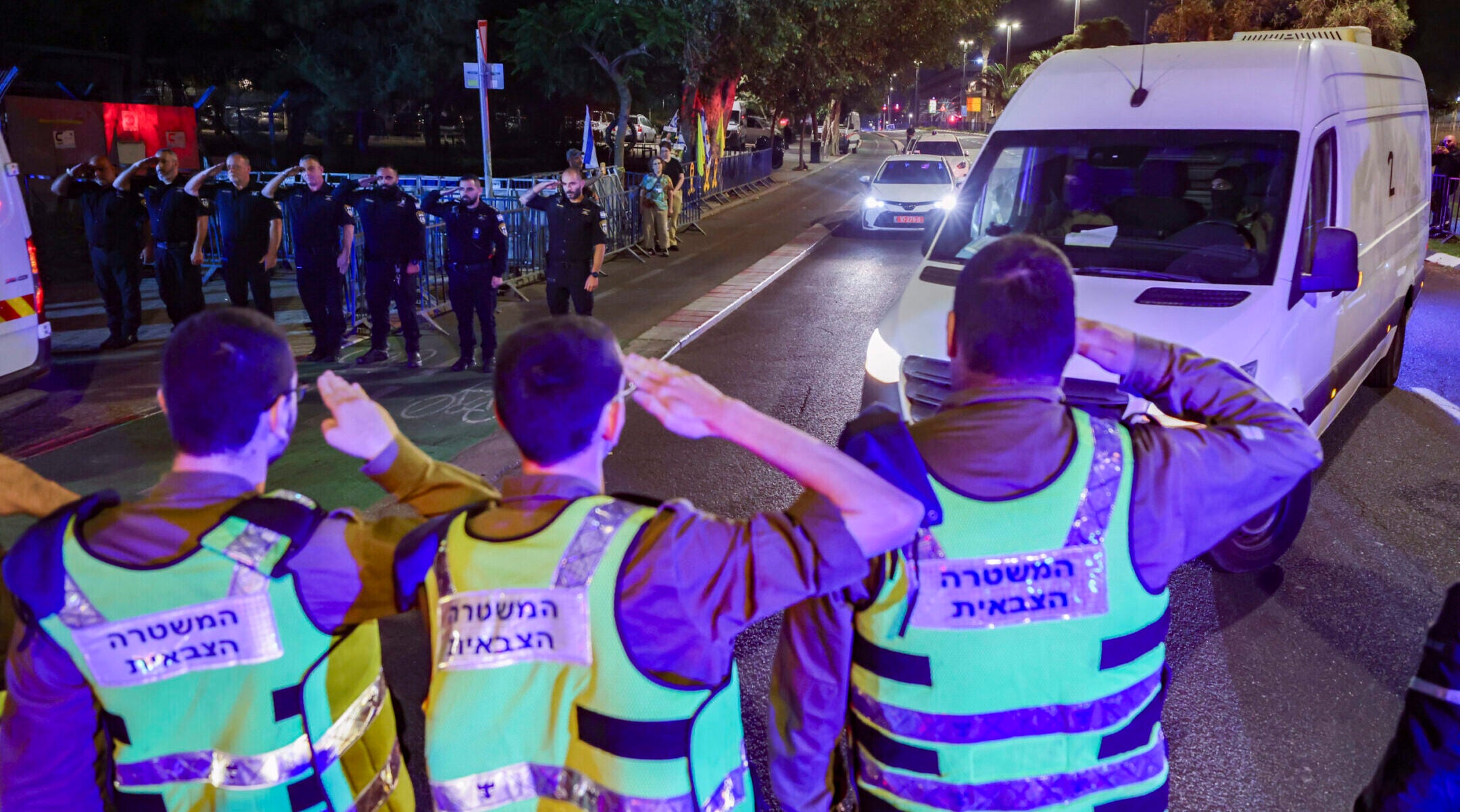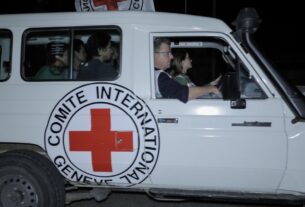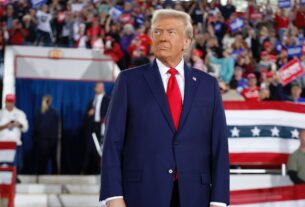Israel has identified the remains of three more hostages following a second release by Hamas on Tuesday, bringing the number of deceased hostages in Gaza to 21.
But even as the conditions of the first phase of the ceasefire agreement were still being met, both President Donald Trump and Israeli Prime Minister Benjamin Netanyahu indicated that further fighting could be in the future if Hamas does not move forward with disarming — as footage from Gaza shows it is far from doing.
The three hostages whose remains were returned were Uriel Baruch, Eitan Levy and Tamir Nimrodi. Nimrodi’s death had not previously been confirmed, though Israeli authorities said there was “grave concern” about his condition. The Hostages and Missing Families Forum said he had been abducted alive but was subsequently killed in an Israeli airstrike.
A fourth set of remains sent to Israel was not that of a hostage and likely came from a Gazan, officials said DNA analysis showed.
More remains could be released on Wednesday as Hamas faces calls to hold up its end of the deal struck last week, which required the return of all 48 Israeli hostages. All 20 living hostages and four deceased hostages were released on Monday.
U.S. President Donald Trump, who pressed for the deal, called attention to Hamas’ delay in returning the deceased hostages in a post on Truth Social on Tuesday. But he also said that the second phase of the ceasefire, in which a lasting peace and plan for Gaza’s future governance is supposed to be negotiated following the release of all hostages, was already underway.
“ALL TWENTY HOSTAGES ARE BACK AND FEELING AS GOOD AS CAN BE EXPECTED. A big burden has been lifted, but the job IS NOT DONE,” Trump wrote. “THE DEAD HAVE NOT BEEN RETURNED, AS PROMISED! Phase Two begins right NOW!!!”
Meanwhile, footage showed Hamas operatives emerging from hiding in Gaza and reasserting themselves in the enclave, including by executing those seen as having opposed Hamas during the war with Israel.
Trump’s peace proposal called for Hamas to disarm and not play a role in governing Gaza, but the group has not agreed to those terms. Trump said before traveling to Israel on Monday that Hamas had been given temporary approval to act as a police force in Gaza.
“Well, they are standing because they do want to stop the problems, and they’ve been open about it, and we gave them approval for a period of time,” he told reporters.
On Tuesday, he said the show of force “didn’t bother me much, to be honest with you,” because the group had targeted rivals “that were very bad.”
But both Trump and Israeli Prime Minister Benjamin Netanyahu indicated that a long-term failure to demilitarize by Hamas could risk a return to fighting.
“They’re going to disarm, and because they said they were going to disarm. And if they don’t disarm, we will disarm them,” Trump told reporters at the White House on Tuesday. He was then pressed on how he knew the group would do something it has said it would not do.
“I don’t have to explain that to you, but if they don’t disarm, we will disarm them. They know I’m not playing games,” Trump said. “If they don’t disarm, we will disarm them, and it’ll happen quickly and perhaps violently. But they will disarm.”
Netanyahu told CBS News that he understood Trump’s comments to be a version of the threats Trump made on social media that coincided with a ceasefire deal moving forward: Disarm or “all hell breaks loose,” Netanyahu said.
The Israeli prime minister said he hoped it would not come to that. “We agreed to give peace a chance,” Netanyahu said, adding, “I hope we can do this peacefully. We’re certainly ready to do so.”
Keep Jewish Stories in Focus.
(JEWISH REVIEW) has documented Jewish history in real-time for over a century. Keep our journalism strong by joining us in supporting independent, award-winning reporting.




